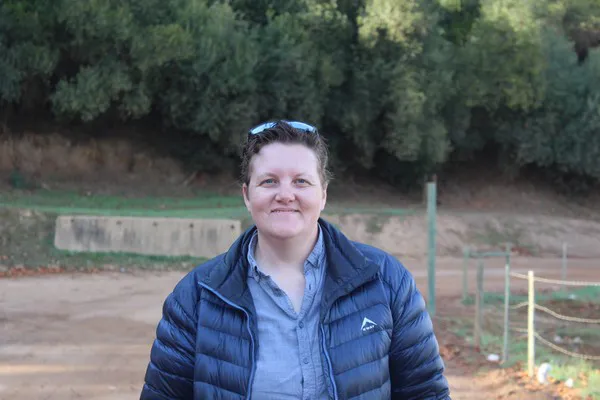A new phytosanitary facility dedicated to deciduous fruit will help improve access to new markets and maintain current ones for the industry. Hortgro approved and funded the building of a new phytosanitary research laboratory that will be based in Stellenbosch at the Welgevallen experimental farm of Stellenbosch University.
Dr Renate Smit
Phytosanitary research, co-funded by the Post-Harvest Innovation Fund, and led by Dr Shelley Johnson (Phytosanitary Entomology and Market Access Specialist for Horgto) created an opportunity and sparked a collective vision for the new facility.
The facility will be managed by Dr Renate Smit, an entomologist. Smit joined the Hortgro team in October 2021 as the Phytosanitary Facility Manager and Researcher.
Phytosanitary refers to plant health. All countries maintain certain measures to ensure that imported food is healthy for consumption and to prevent the spread of pests or diseases. Phytosanitary facilities allow researchers to test different technologies on fruits, insects and pathogens to see which works the best and what measures are needed to ensure local produce can be exported.
“With this facility, we can open new markets and make old ones sustainable,” says Smit.
This facility will be unique in that it will allow integrated research on deciduous fruit, meaning it will run tests on the fruit and on insects at the same time. Smit will then be able to assess technology that will be able to kill insects while maintaining fruit quality and see if current protocols can be improved upon. These technologies can then be practically applied as postharvest treatments on export fruit.
The facility will now allow Hortgro to test deciduous fruits in-house, where the research had to be outsourced before.
Other markets can also be accessed if it can be proved that our protocols and treatments will kill all of the target insects and diseases of concern in these markets.
The facility will be up-and-running by May 2022. “By the next stone fruit season, we will already have some answers,” she said.
Entomology researchers with the United States Department of Agriculture have been consulted on various technical aspects of phytosanitary research in the planning of the facility, and they will be visiting the facility later this year. Their input is valuable to help ensure that treatment development meets the high standards set for international trade.
Source: Hortgro
